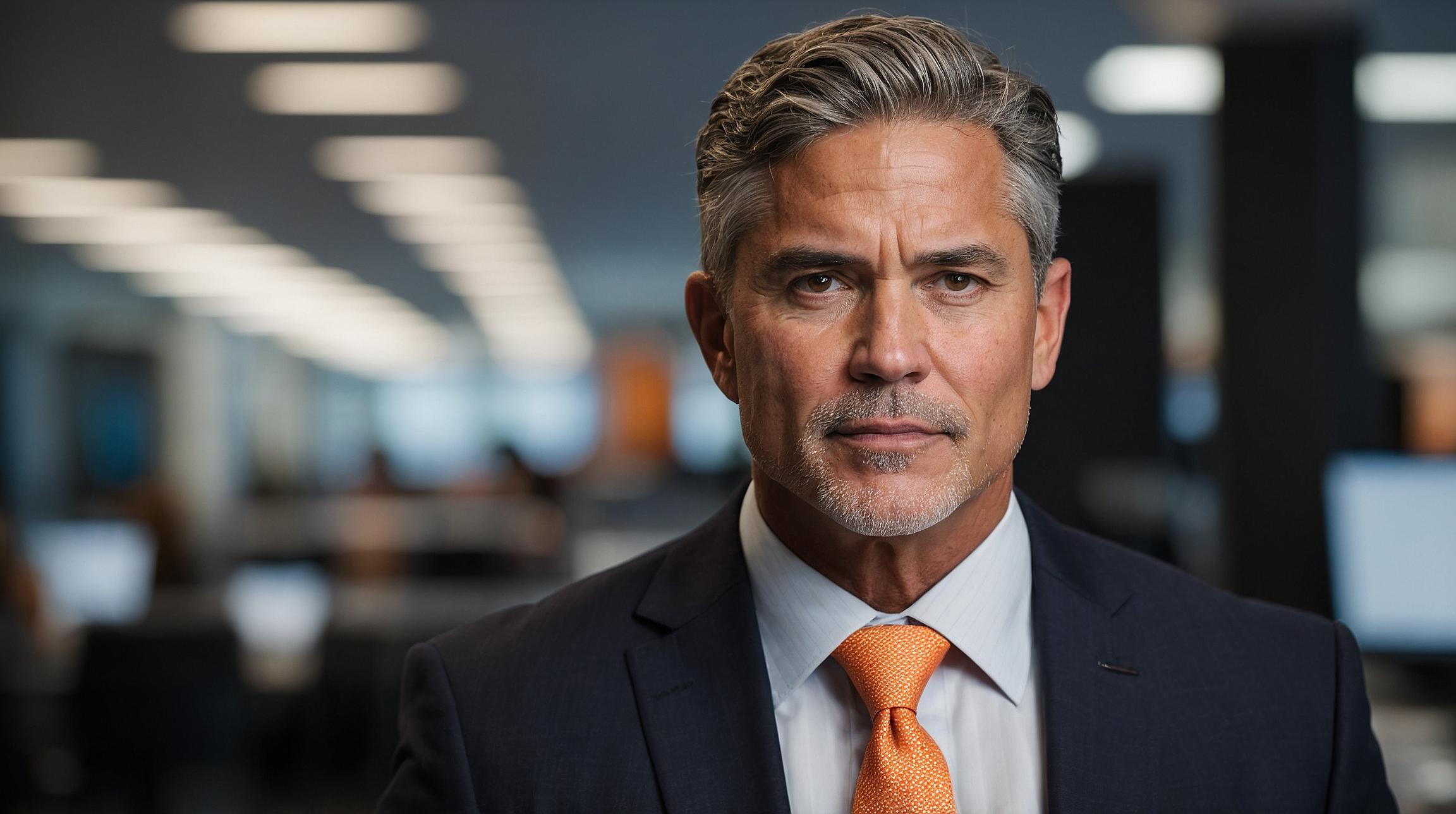**Texas State Board of Education Ends Partnership with BlackRock, Reigniting ESG Debate**
The decision by the Texas State Board of Education to terminate its investment partnership with BlackRock has reignited the debate surrounding Environmental, Social, and Governance (ESG) investing in the United States. With $8.5 billion withdrawn from the investment giant, the move underscores the deepening divide between political and investment strategies.
At the center of this controversy is BlackRock, the world’s largest asset manager and a vocal advocate for ESG principles. While BlackRock’s leadership in promoting sustainability and climate action has garnered praise from many investors and stakeholders, it has also drawn sharp criticism from some Republican politicians in states like Texas. These politicians accuse BlackRock of advancing a left-wing agenda and undermining traditional energy sectors.
ESG investing evaluates companies based on their performance across various responsibility metrics and standards to assess their suitability for investment. Investors can identify businesses that show strong environmental stewardship, social impact, and effective governance practices. Many ESG investors put a higher value on the environmental factor and invest in companies that opt to reduce dependence on fossil fuels.
The state of Texas has been a battleground in the anti-ESG movement. State officials are taking decisive actions against companies and investors perceived to be prioritizing social and environmental concerns over economic interests. For instance, Texas recently banned UK bank Barclays from participating in the municipal bond market due to its ESG policies. The state has also considered divesting from asset managers accused of boycotting energy companies. At least 25 anti-ESG bills were enacted in 2023 in states with Republican-controlled legislatures.
A study conducted by the Texas County & District Retirement System estimated potential losses of over $6 billion in ten years from prohibiting ESG investing in public retirement systems. This underscores the complex trade-offs involved in balancing financial returns with social and environmental objectives. Moreover, MSCI’s report showed that the top 20 ESG funds saw increasing return contributions because of better ESG performance.
In defending its decision to terminate the partnership with BlackRock, the Texas State Board of Education cited legislation prohibiting investment in companies that boycott certain energy firms. Board Chairman Aaron Kinsey expressed concern about BlackRock’s impact on Texas’s oil and gas industry. Critics argue that this may undermine the long-term financial health of the Texas Permanent School Fund and limit its ability to achieve investment objectives.
BlackRock has faced scrutiny from Republican politicians and activists who accuse the company of promoting a leftist agenda. In response to the state’s decision, BlackRock’s CEO Larry Fink defended the company’s engagement with the energy industry, stating that the decision ignores BlackRock’s significant investments in U.S. energy companies and defies expert advice. He emphasized that politics should never outweigh performance, especially for taxpayers.
As the debate over ESG investing continues to evolve, investors and policymakers must carefully weigh the potential benefits and drawbacks of incorporating environmental, social, and governance considerations into investment decisions.
Analyst comment
Neutral news.
As a analyst: The termination of the partnership between the Texas State Board of Education and BlackRock highlights the ongoing ESG debate in the US. The withdrawal of $8.5 billion from BlackRock signifies the growing divide between political and investment strategies. The decision could impact BlackRock’s involvement in the Texas energy industry, but the long-term financial health of the Texas Permanent School Fund may also be affected. The outcome will depend on how the ESG debate progresses and the extent to which ESG considerations are prioritized in investment decisions.













